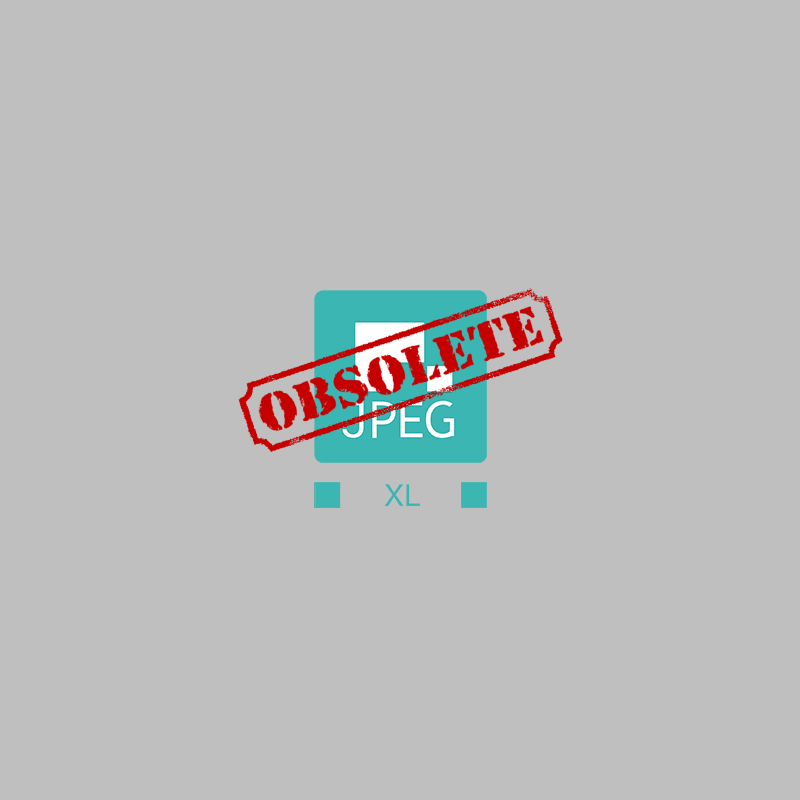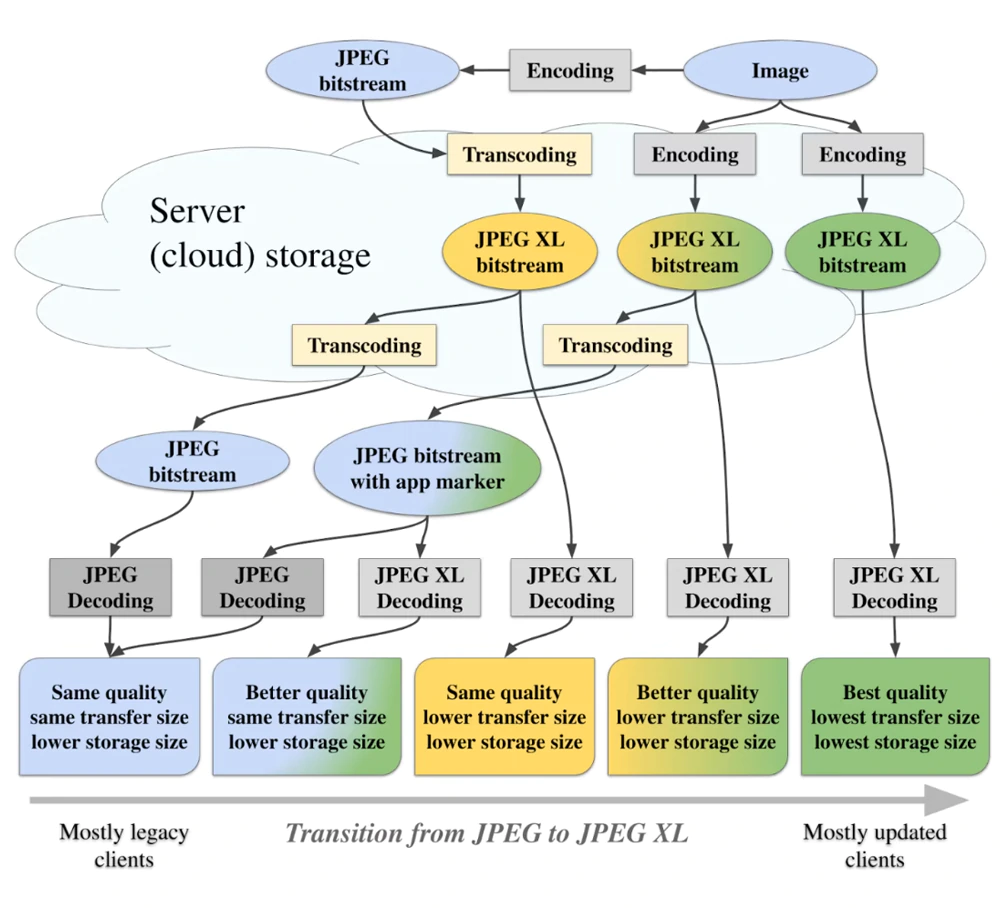
Images are extremely common on the web, that they're the main thing that makes the internet a lot more colorful and interesting.
Most images that are created and shared, are JPEG images (.jpg, .jpeg, .jpe, .jif, .jfif, and .jfi). The format has been the most widely used image compression standard in the world, since its introduction in 1992. In 2015 alone, billions of JPEGs are created everyday.
That number may have doubled, or even tripled in the modern days of smartphones and social media.
And JPEG-XL (.jxl) was supposed to be the successor of the original JPEG.
According to JPEG (for the Joint Photographic Experts Group, which is the committee which designed the JPEG format), JPEG-XL has the 'L' lettering because the authors intended it to last at least as long as the original JPEG.
The thing is, Google has a different idea.
The company is deprecating Chromium's support for the format.

JPEG-XL is a royalty-free raster-graphics file format, that supports both lossy compression and lossless compression.
With this feature, JPEG-XL has the capacity to outperform JPEG, which only supports lossy compression.
In fact, its compression performance is expected to outperform other still image compression performances shown by HEIC, AVIF, WebP, and JPEG-2000.
For this reason, JPEG-XL was designed to excel at web delivery such as advanced progressive decoding and minimal header overhead, as well as features aimed at image editing and digital printing, such as support for multiple layers, CMYK, and spot colors.
It is also specifically designed to seamlessly handle wide color gamut color spaces with high dynamic range such as Rec. 2100 with the PQ or HLG transfer function.
But importantly, transcoding existing JPEG files to JPEG-XL can be done effectively and reversibly without any additional loss. This capability is not present on previous attempts at creating “next-generation” image formats, such as JPEG-2000, JPEG-XR, WebP, HEIC and AVIF.
Transcoding JPEG to one of those other formats requires decoding the JPEG image to pixels and then re-encoding those pixels with the other format.
This is an irreversible process that leads to generation loss.
This friendliness is the thing that makes the Joint Photographic Experts Group certain that JPEG-XL can be the worthy successor of the original JPEG.
By facilitating a smooth transition from JPEG to a successor format without requiring a transition period in which two versions of every image, quality can be retained.
But Google is seeing it otherwise.
Google wants to deprecate it on its Chromium browser engine, because it doesn't see it as a proper next-generation image format.
At first, Google didn't disclose its reasoning, which is odd considering JPEG-XL is still very young in its lifecycle and has been receiving growing industry interest and support.
But later, a Google engineer wrote on the Chromium JPEG-XL issue tracker, to shed a bit of light onto the situation.

According to Google, the deprecation of the JPEG-XL on Chromium is because of the following reasons:
- Experimental flags and code should not remain indefinitely.
- There is not enough interest from the entire ecosystem to continue experimenting with JPEG XL.
- The image format does not bring sufficient incremental benefits over existing formats to warrant enabling it by default.
- By removing the flag and the code in M110, it reduces the maintenance burden and allows Google to focus on improving existing formats in Chrome.
At this time, JPEG-XL on Chrome is still experimental, meaning that the browser hides it behind the feature flag feature.
As noted by Google, Google marks Chrome 110 as the last version of the browser that supports this format.
It's worth noting though, that JPEG-XL's bitstream was only frozen in late 2020 and the file format was only standardized in 2021, and the coding system earlier this 2022.